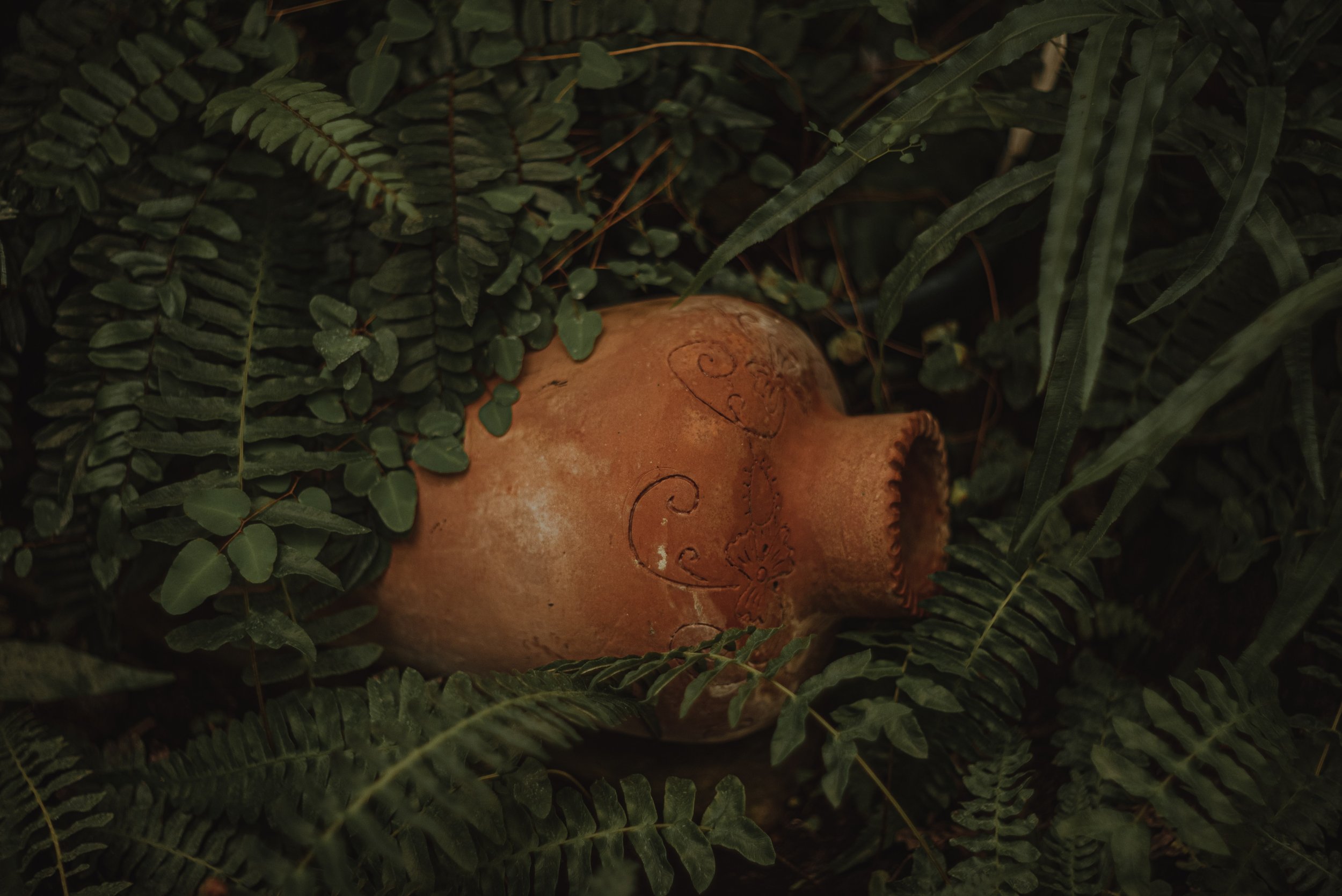By Ruth Nakamura
A Child of Air
A large part of me connects to earth. I am solid ground, cannot swim well, though I enjoy being in gentle shallow water. I am rounder, heavier, curvier. Give me bread, wheat-stalks of the earth, ground and transformed, fluffy, give me a few slices of buttered bread, French bread from the market, oven bread from the Pueblos, let me use it to mop up red chile ladled atop over-easy eggs as a meal, mini harvest, and I am happy.
But I am also a child of air. Give me the moon in a jar, an imaginative work of art or story, let me wallow, introverted, in creative writing, journaling, dream records. As the season changes, I look to the sky. Easily, I float there, follow the migratory birds. I can picture their journey, the temperature of the wind over each feather. The subtle colors they bend into the cooling evenings, ghosts of lavender, soft rills of pink.
The long lines of Canadian geese traveling south along the Rio Grande river bring autumn in their wings, in their songs, a trill I grew up hearing, down in in our river valley home. A thread of sound to weave that feeling of changing light, a rounder, softer, dimmer gold, into my bones, a siren call to lift stifling heat, carry it away on monsoon clouds.
What is it about the season that makes creativity so prolific for me? Many of my poems unfold in the rite of autumn, her ritual of leaf flame. The entire world I inhabit steps into a kind of nostalgia, settling deeper into itself as I sink my feet into muddied banks of Guadelupe River, stand on the sluggish brown bank, become still as a snowy egret hunting the moon, her feathers speared with light of cottonwood gold. I wear the mask of Dia de Los Muertos. Think of marigolds and monarchs while there is still gilt to be seen, I too am filtered through the lens of dying leaves.
It must be that I am witness to death. All around, insects are on their last flight, they glitter more than ever, the blaze of cicadas, the leap of grasshoppers, the gathering songs of butterflies, frantic, edged, then slowed and dulled, the last of the leaf chomp on my giant sunflowers, a feast for birds.
It must be that I am witness to leaving. I take down the hummingbird feeders, they need to travel south with their colors and their songs, while wrapping myself in sweaters against desert chill, or tapestried jackets, don long sleeve ware to knit the warmth they must travel to find. The bluebirds. Gone. The geese, heralds, take weeks and are far more visible, bodies and bodies, a mass exodus.
It must be that I am witness to gathering. The preparation of winter birds, they fatten themselves at the birdfeeders, gorge upon my giant sunflowers, grown from twenty-year-old seeds my dad gave me. Squirrels in the mountains run up ponderosa trunks with fattened cheeks. Mammalian fur thickens. The chile is roasted in front of grocery stores or we buy it in bulking sacks, pounds of it, peel, roast, repeat. Its splinters of smoky sharp smell breathe fall into the air. It is our leaving-summer-song.
I stand here fully welcoming the season. Preparing for the stew with buttered bread, the early dark, the stacks of wood, the morning frost, smell of cedar woodsmoke sharp and clean as a blessing beneath starlight. A break from wildfires. Sometimes from the wind. Sheltered in the valley of mountains. A longer sleep. An assessment of memory and dream brought on by the call of the great horned owl at 2 a.m.
It must be that all these things, they are old hand mirrors we hold up to peer within, finding ourselves inside, on the fringes. If we allow true sight, we find the connection to the world we walk. We are not separate from Her natural rhythm.
Things go to ground, to inner sanctum. And so do we.































